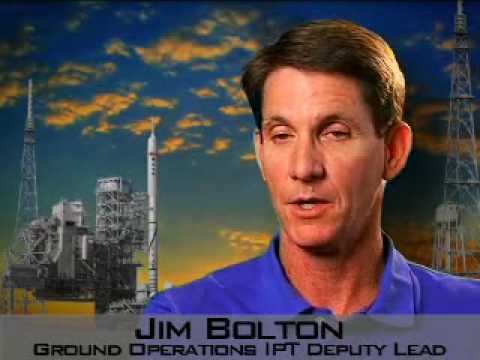
Include the ground operations personnel into design activities on Day 1, and continuing throughout the process, to ensure effective operations later on.

Include the ground operations personnel into design activities on Day 1, and continuing throughout the process, to ensure effective operations later on.

If you are going to share facilities, personnel, and other resources, you have to function as one integrated team.

When implementing new or heritage IT systems, ensure that they have been tested in the environment in which they will be used, and that the team is adequately trained in their use.

It is important that managers and employees are aware of the personal toll that a mission critical program can take on the individual and their families.
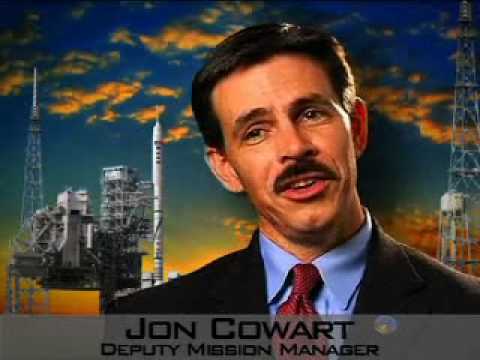
Integrating heritage systems are as much or more work as building something new.
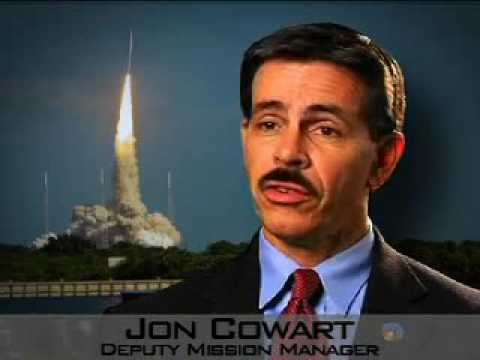
Doing flight tests are probably the best way to understand a system and train engineers how to go do things.
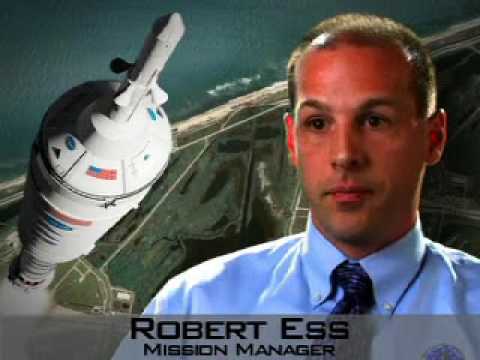
Delegation of authority to the project manager is key to success, but must be paired with an appeals route if necessary for disagreements.

ARES I-X Knowledge Capture: Robbert Ess, Mission Manager
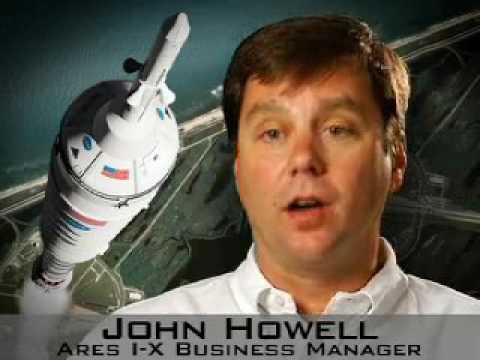
Take time up front to streamline the processes and tools that are being used by your team and their interfaces.